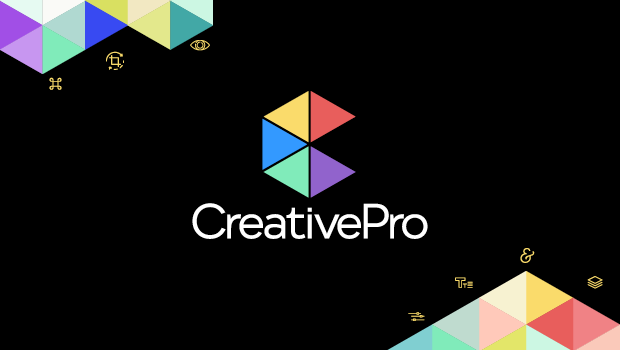The Art of Business: Give Yourself this Under-the-Hood Check-Up

If your business isn’t firing on all cylinders, or you’re stuck in a middle gear, it’s time to open the hood and tweak your engine of commerce.
Clean the Windshield
Vision is your ability to articulate how you’re going to capitalize on an opportunity. In the creative world, that opportunity might be a niche market, a unique technology (complex direct mail packaging, for example), a particular creative or technical strength (such as Web site databases), or insight into a future technology or industry trend that you believe will change the way companies do business.
Without a vision, you can’t have a strategy, and without a strategy, you can’t have tactics, and so it all starts with a vision. It doesn’t have to be grand or ambitious, just clear enough to set your course and go.
Creating a vision can be harder than you may think. Anyone can say, “My vision is to be the best at what I do and make money at it,” or “I’m going to succeed based on my creative abilities.” It’s better to be more specific and say “I’ll be the go-to company for winery labels and identities,” or “I’ll find one large client and act as its de facto in-house design firm.”
Tune Up Your Value Proposition
Why do clients choose you over another creative professional? It’s because they think you can provide them with a value no one else can offer. This is your value proposition. The most obvious value is price, but quality, personality, professionalism, proximity, and familiarity are all values, too. When you attempt to create value for you or your company, always think in terms of how clients see you. Your value proposition, particularly if you’re starting out, must outweigh the cost and hassle of switching from another creative professional to you. When you fail to clearly articulate a value, it’s difficult for a client to spot you in the crowded field. The value you offer must be important and urgent to the customer.
De-Grease Your Values
Knowing who you are is as just as important as knowing where you’re going. Values are the foundation of any business. If your personal values are out of alignment with your business values, you won’t be able to sustain your business for long. You’ve got to live with yourself after you close up shop each day, and if your business values don’t align with your personal values it will be hard go the distance.
Values like integrity and honesty, of course, are important, but there’s another level of values that will help you set the course for your business. If you have, for example, a warm and cozy personality, you might not want to venture deep into the corporate world, which can be cold and thankless. If you want to make big bucks fast, it behooves you to forego courting the corner mom-and-pop stores that naturally won’t be able to match corporate pay rates. As your company grows and you bring on partners or employees, it’s even more important to articulate your value system. Your colleagues are, by the very nature of the relationship, extensions of you.
Install a GPS System
Goals are the road map of your business. They turn your vision and aspirations into reality. Set clear goals and keep to them. Providing excellent client satisfaction, creative leadership, and community outreach are a great start, but think also about sales goals, or client goals. Goals are concrete statements, not lofty aspirations: “I want to acquire three $25,000-annual clients this year,” “I will reposition my company as a full-service marketing firm by partnering with small firms in complementary fields.”
Start every day with a task that advances your goals. As soon as you come close to reaching them, set new ones. Many companies run into trouble because they haven’t learned how to set and reach goals.
Take a Professional Driving Course
Entrepreneurship is hard, challenging, exacting. If it were easy, everybody would exit their regular-paycheck job and drive off into the uncharted territory of business creation. You have to be a visionary, a manager, a creative, a financial whiz, a negotiator, a cheerleader, a sales person, and a communicator.
That’s a lot of things to know and learn, and it’s easier if you have some training behind you. Don’t hesitate to take business or marketing courses, and continue with your creative and application training.
Learn managerial skills if you have employees. Make learning a life-long pursuit. Hire great people, and spend as much time as possible creating your business as in running the day-to-day activities of client relations, hard as that may be.
A well-timed pit stop can keep you from the junk heap of failure and set you firmly on the road to success.
This article was last modified on June 17, 2023
This article was first published on May 4, 2007
Commenting is easier and faster when you're logged in!
Recommended for you

InDesign Tips: Dragging and Dropping into InDesign CS
One of the advantages of Adobe InDesign’s membership in the Adobe Creative...

CreativePro Conversations: Delivering a Better Proofing Workflow with PageProof
See how PageProof's collaborative tools make online proofing effortless and lear...

Before&After: Design … a Clock? Yes, a Clock!
Take a clock, pop off the hands, pop in your design, and snap it back together.



